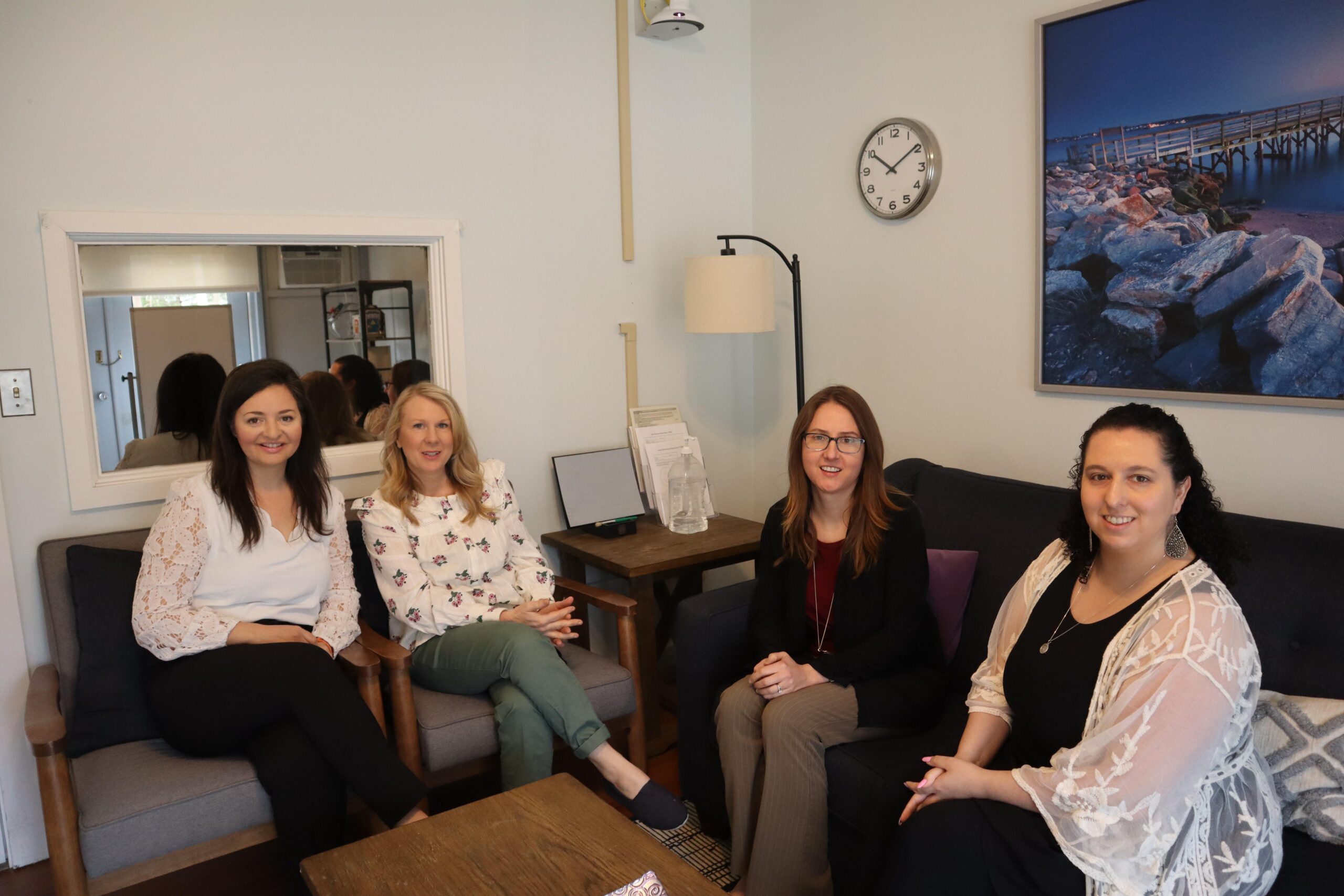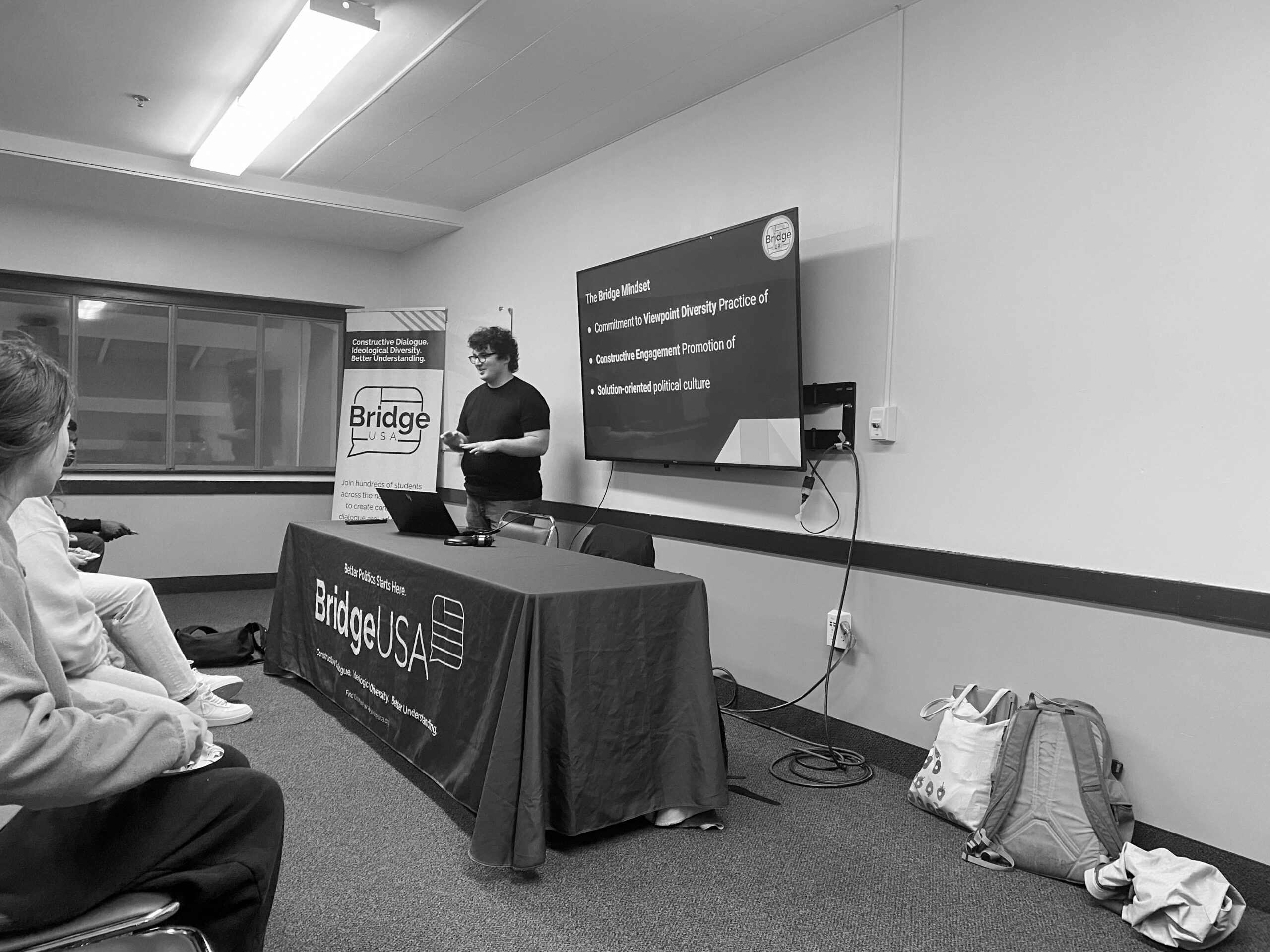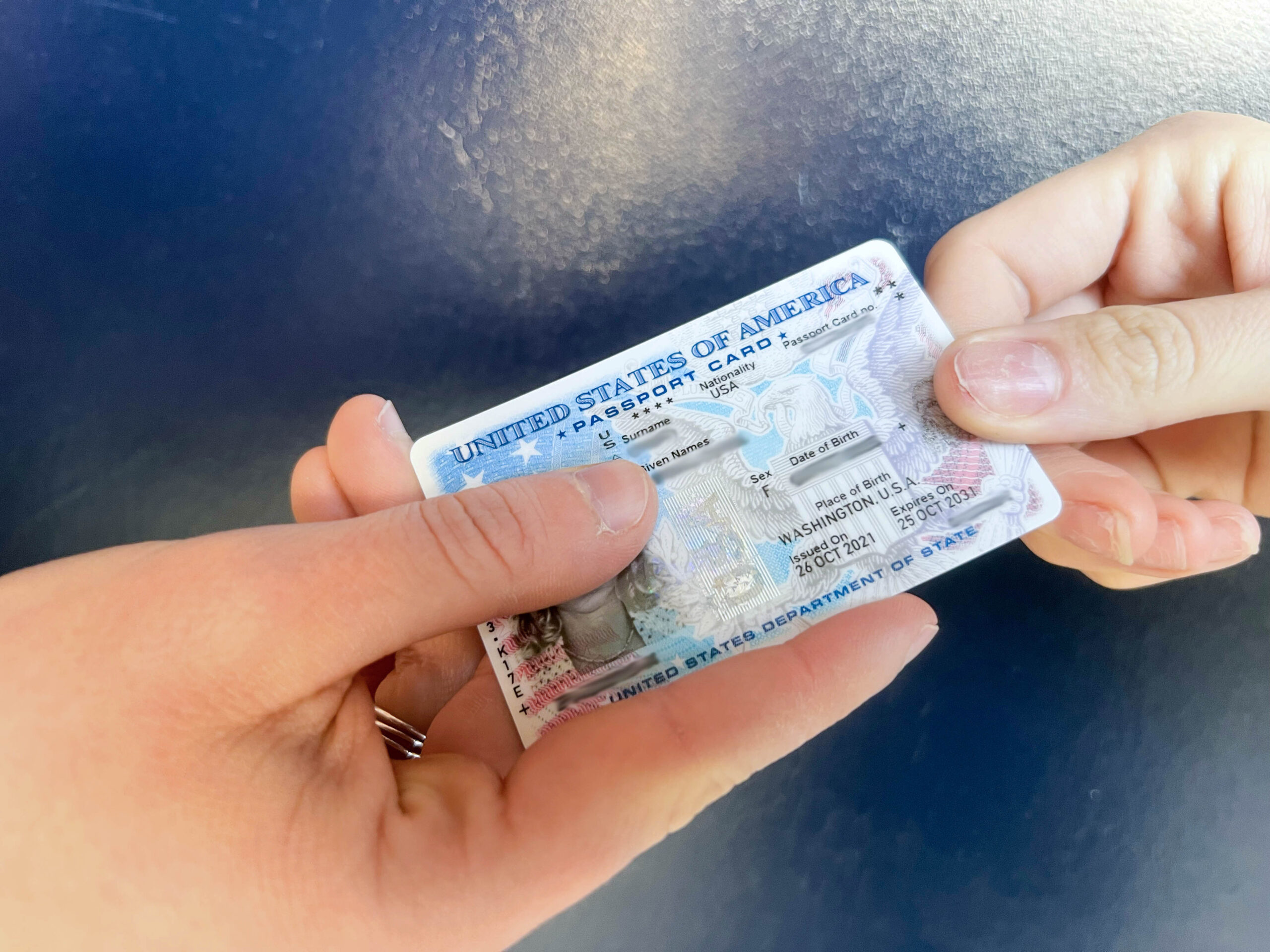University of Rhode Island human development and family science professor Jessica Cless secured a $250,000 contract to place post-graduate licensed marriage and family therapists in addiction treatment centers.
The contract was made with the Rhode Island Department of Behavioral Healthcare, Developmental Disabilities & Hospitals, Couples and family therapy graduate program director and associate clinical professor Tiffani Kisler said. The money for the contract has been awarded by the state of Rhode Island. All of the funds for the contract were from a settlement related to the opioid crisis.
In Rhode Island alone, over 60,000 individuals suffer from alcohol use disorder, according to a study by the Substance Abuse and Mental Health Services Administration .
The program is dedicated to adding family therapy to substance abuse treatment centers, and to subsequently add them to treatment plans , Cless said. There has previously been a lack of licensed family therapist associates in treatment centers as there were no available and qualified supervisors who were able to be there with them.
“We place them, and now we supervise them to make that less of a problem,” Cless said.
Most of the time, treatment is focused on individual therapy, and oftentimes would lack family involvement, Cless said. The patient could complete their inpatient treatment and make huge amounts of progress, but then go back home and lose some of that progress.
“If we treat just the individual without addressing the system when the person goes back into their environment after treatment we have missed important pieces that can help sustain and support recovery,” Kisler said.
Not only is the program dedicated to helping the struggling individual, but also parents, children, spouses and other family members who were affected, Kisler said.
Almost half of the population of the United States has said that they know someone who has or has had a substance abuse problem, according to the Pew Research Center .
Another goal of the contract is to develop the amount of family therapists working within treatment centers, Cless said.
“The secondary goal is work-force development,” Cless said. “Through these partnerships that we develop with these sites, maybe we will be able to continue to send them our graduates.”
They want the marriage and family therapist associates to work under supervision for the two years needed to be certified, and then stay at these facilities to hopefully become supervisors themselves, Cless said.
URI has a two-year training program dedicated to marriage and family therapy, Cless said. It is the only accredited family therapy program in the state of Rhode Island. Each year, they allow up to 12 graduate students to enroll in the program and each student needs to complete 500 client-contact hours before graduating.
“We are also building internship pathways to give student clinicians a rich training environment and experience with this type of work that hopefully will translate into a career path post graduation,” Kisler said.
It can be intimidating to want to go into treatment centers to try and help clients and families dealing with substance abuse problems, Cless said.
“If you were to ask students, do you want to go work with couples who are arguing over who didn’t do the dishes, or do you want to work with families who have a substance use disorder and are really hurting, it can be really hard to take that on,” Cless said.
Cless said her hope for the program overall is to help families in Rhode Island to get the care that they need when facing such difficult and intense issues.
For more information about URI’s couple and family therapy program, visit their website, web.uri.edu/human-development/ .




